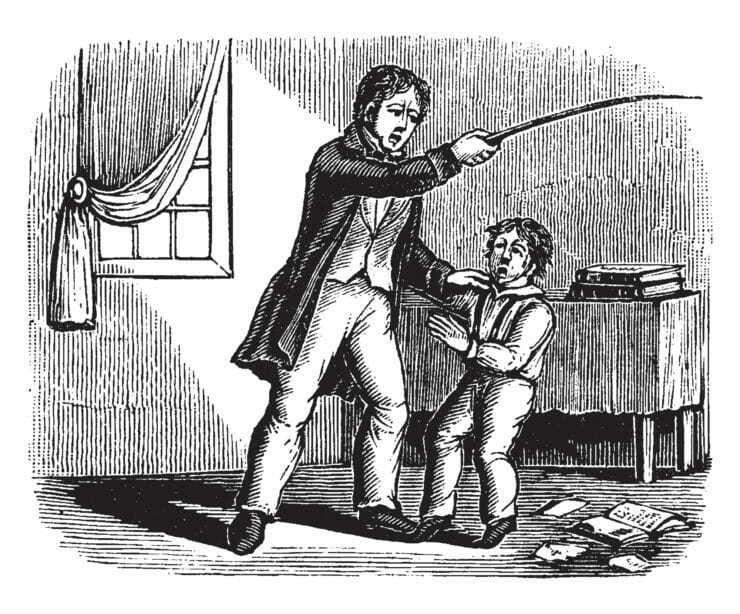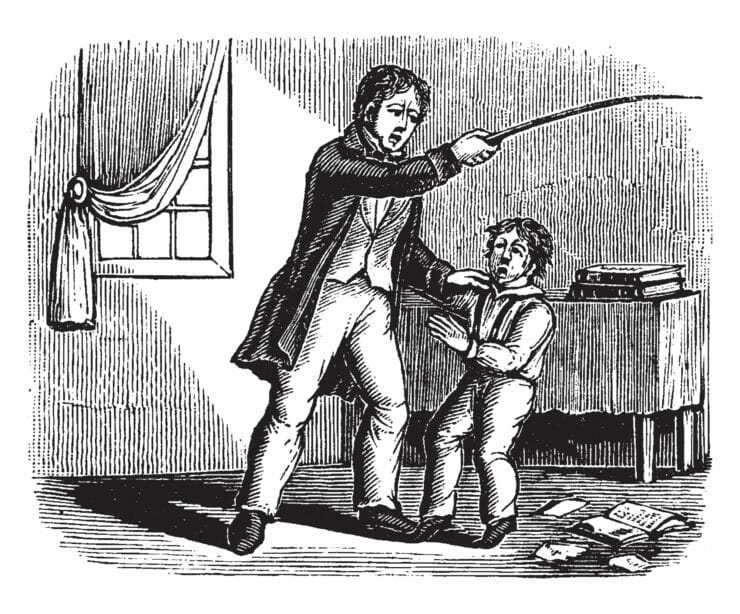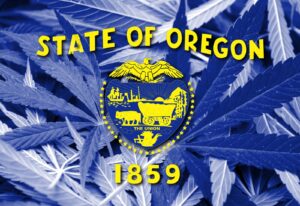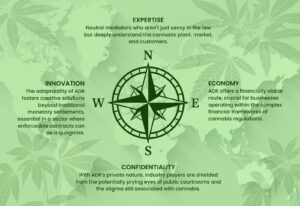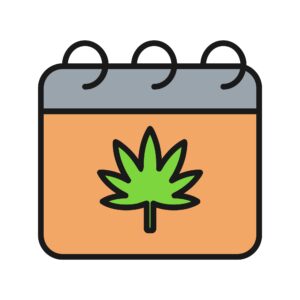The Food and Drug Administration (“FDA”) had a busy Monday this week. On November 25, the agency issued warning letters to 15 businesses selling hemp-derived CBD (“Hemp-CBD”) products as unapproved drugs. The FDA also released updated consumer guidance on Hemp-CBD.
Warning Letters
The recent batch of warning letters appear to turn on the marketing of Hemp-CBD products as unapproved drugs. The FDA has approved CBD as a drug: Epidiolex. Epidiolex is used to treat epilepsy and requires a prescription. That’s the only approved use of CBD as a drug. The FDA determines whether something is a drug based on how the product is marketed. Any marketing material that includes a health claim will cause the FDA to classify a product as a drug.
These letters warn Hemp-CBD companies that are making health claims about Hemp-CBD products. In addition, the FDA reiterates its view that Hemp-CBD cannot be added to food or dietary supplements and states that it “cannot conclude that CBD is generally recognized as safe (GRAS) among qualified experts for its use in human or animal food” based on the available data.
Consumer Update
The FDA’s update to consumers makes it appear that Hemp-CBD is a dangerous and unknown substance. Here is the FDA’s own summary of its latest updates:
- CBD has the potential to harm you, and harm can happen even before you become aware of it.
- CBD can cause liver injury.
- CBD can affect the metabolism of other drugs, causing serious side effects.
- Use of CBD with alcohol or other Central Nervous System depressants increases the risk of sedation and drowsiness, which can lead to injuries.
- CBD can cause side effects that you might notice. These side effects should improve when CBD is stopped or when the amount ingested is reduced.
- Changes in alertness, most commonly experienced as somnolence (drowsiness or sleepiness).
- Gastrointestinal distress, most commonly experienced as diarrhea and/or decreased appetite.
- Changes in mood, most commonly experienced as irritability and agitation.
- There are many important aspects about CBD that we just don’t know, such as:
- What happens if you take CBD daily for sustained periods of time?
- What is the effect of CBD on the developing brain (such as children who take CBD)?
- What are the effects of CBD on the developing fetus or breastfed newborn?
- How does CBD interact with herbs and botanicals?
- Does CBD cause male reproductive toxicity in humans, as has been reported in studies of animals?
Let’s start with the FDA’s first point, that Hemp-CBD may hurt you and you may not realize it. During the investigation of Epidiolex, there was some evidence that CBD could cause liver injury. The FDA is therefore concerned that the widespread use of Hemp-CBD without doctor supervision, could result in liver damage. That’s an understandable concern. But the consumer update doesn’t stop there.
The FDA goes onto warn about Hemp-CBD interactions with alcohol and other drugs. I don’t want to diminish these interactions as a legitimate concern, but I do want to point out that concerns over drug and alcohol interactions are not limited to Hemp-CBD. Pretty much all drugs can interact with other substances in a negative way. The FDA didn’t frame the issue of Hemp-CBD interactions as something to be aware of or something to watch out for; it was presented as a way that Hemp-CBD can hurt consumers.
Last year, the World Health Organization (“WHO”) issued a report on CBD, concluding that “there is no evidence of recreational use of CBD or any public health related problems associated with the use of pure CBD.” WHO also raised the issue of CBD’s interactions with other drugs, but still reached the conclusion that CBD, as a compound, was generally low-risk to public health.
Let’s move onto the second point about Hemp-CBD side effects. Here is another passage from the FDA’s Hemp-CBD consumer update:
In addition, CBD can be the cause of side effects that you might notice. These side effects should improve when CBD is stopped or when the amount ingested is reduced. This could include changes in alertness, most commonly experienced as somnolence (sleepiness), but this could also include insomnia; gastrointestinal distress, most commonly experienced as diarrhea and/or decreased appetite, but could also include abdominal pain or upset stomach; and changes in mood, most commonly experienced as irritability and agitation.
This passage raises some serious questions about side effects. It does not provide citations to the studies that lead the FDA to determine that these side-effects were serious enough to warrant inclusion on the FDA’s website. Also, how did the FDA make the determination that the most common change alertness is somnolence or the most common change in mood is experienced as irritability and agitation? Also, the FDA’s recommendation that side effects will improve if the use of CBD is stopped or the amount ingested is reduced has to based on clincial information, right? The FDA wouldn’t make an unsubstantiated medical claim online, especially when there is so much misinformation out there regarding Hemp-CBD, would it?
I don’t doubt that the FDA based its above conclusions regarding Hemp-CBD on some set of studies or other data set, but it’s hard to justify the FDA making these claims without any reference to how the FDA reached these conclusions. I’ve written before about how the FDA has a credibility problem with the American public. I don’t think this latest consumer update does the FDA’s credibility any favors.
The third point focuses on questions that remain about the safety of Hemp-CBD. These are important questions and should be considered. The fact is that the interest in CBD has eclipsed the scientific data we have available. The FDA’s questions are important and should be studied carefully. The problem is that the FDA appears to have already made a number of determinations about the dangers of Hemp-CBD without showing its work or refuting the data provided by the WHO.
Conclusion
The FDA’s approach to Hemp-CBD has been one of regulatory inaction and even obfuscation. Rather than providing guidance to or issuing regulations concerning manufacturers of Hemp-CBD products, the FDA has focused on telling consumers and Hemp-CBD businesses that most Hemp-CBD products are not legal and not safe. This latest round of warning letters and the consumer update are a continuation of this approach, but with greater intensity. The consumer update strikes a more urgent and alarming tone and the sheer number of warning letters sent out on one day is a departure from the FDA’s norm. Hopefully, the FDA has also been working behind the scenes to also establish a regulatory framework for the safe manufacture and distribution of Hemp-CBD products. The FDA’s current approach to Hemp-CBD does not seem tenable for much longer.










